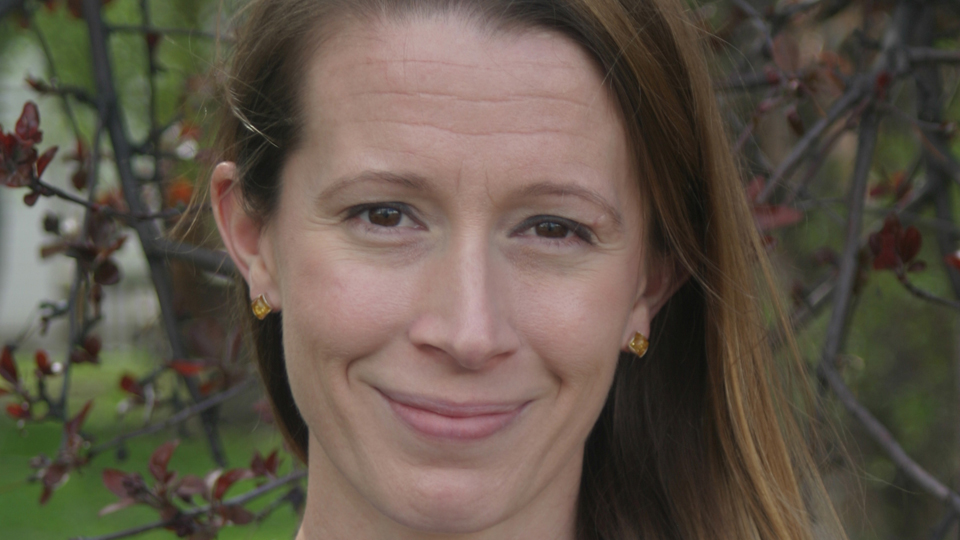A Vale widow has lost her bid to force the state to let her adopt children despite her disavowing the requirement she would have to support children’s gender choices.
Jessica Bates, mother of five and widow of David Bates, was turned down by Oregon state officials in 2022 when she sought to adopt two children. The state advised Bates that her declaration she would not support LGBTQ+ choices of adoptive children violated state rules.
Bates earlier this year sued in U.S. District Court, claiming the rule violated her Constitutional rights. She asked a federal judge to enjoin the state from stopping her adoption efforts.
But U.S. District Court Judge Adrienne Nelson, in a 53-page ruling issued in November, denied Bates’ request for an injunction. Nelson detailed the need for the rule and indicated that Bates’ intentions could be damaging to a child.
Bates last week announced she would appeal the decision to the 9th Circuit U.S. Court of Appeals.
The case pits religious freedom against the state’s role as the parent of children in its custody.
Bates, who was injured and lost her husband David in a highway crash in 2017, is attempting to overcome a state rule in place since 2018 that people adopting children who are in state care must accept a child’s sexual orientation and gender identity. The regulation requires adoptive parents to “to enhance the positive self-concept and understanding of the child or young adult’s heritage.”
The federal court ruling found that Bates’ beliefs “dictate that she raise her children in the Christian faith, share the Gospel with her family, including her beliefs about biblical manhood and womanhood, lead Bible study in her home, and attend church with her children as a family.”
As a result, the ruling said, Bates “states that her beliefs dictate that she does not use a child’s preferred pronouns, display a Pride flag or ‘pink triangle’ in her home, affirm a child’s desire to express themselves or dress as the opposite sex, take a child to a gay-pride parade, or facilitate the child’s access to puberty blockers or cross-sex hormones.”
The court found that the state rule doesn’t bar Bates from her religious beliefs and practices but “merely requires applicants to respect, accept and support a child’s spiritual beliefs.”
Bates, though, was seeking permission to “impose her beliefs on another, and she has not, and cannot, identify any constitutional right to do so,” the ruling said.
“Respecting a child’s beliefs and identities does not necessarily require disavowing one’s own beliefs,” the ruling said. “For example, a meat-eating family would not need to cease eating meat to support a vegan child; they would merely need to provide the child with vegan food.”
The ruling said Bates’ refusal to “respect a child’s LGBTQ+ identity imposes collateral harm on the child’s development, safety, and physical well-being.”
LGBTQ+ is an abbreviation for Lesbian, Gay, Bisexual, Transgender, Queer or Questioning.
Bates proposed that a child adopted by her who emerges as LGBTQ+ could be returned to state custody.
“Removal would only foster the feelings of instability,” the ruling said.
The ruling also rejected Bates’ effort to use a U.S. Supreme Court case involving a Colorado bakery. The Supreme Court ruled in 2018 that the state improperly took action against the bakery when it refused to make a cake for a gay couple.
The federal ruling in Oregon said the case didn’t apply to Bates’ circumstance. Bates was arguing “that her willingness to take in any child, but her inability to encourage or respect a child’s LGBTQ+ identities, is analogous to the baker’s willingness to make some baked goods for gay couples, but not wedding cakes. Such an analogy holds no weight,” the ruling said.
Rather, the ruling said, Bates’ attempt to adopt “members of an exceptionally vulnerable population” couldn’t be compared to offering business services.
“To make such a claim demonstrates a lack of understanding of the importance of providing a child with the holistic support and care required to produce well-rounded and confident adults,” the ruling said.
News tip? Send your information to [email protected].
HOW TO SUBSCRIBE – The Malheur Enterprise delivers quality local journalism – fair and accurate. You can read it any hour, any day with a digital subscription. Read it on your phone, your Tablet, your home computer. Click subscribe – $7.50 a month.




